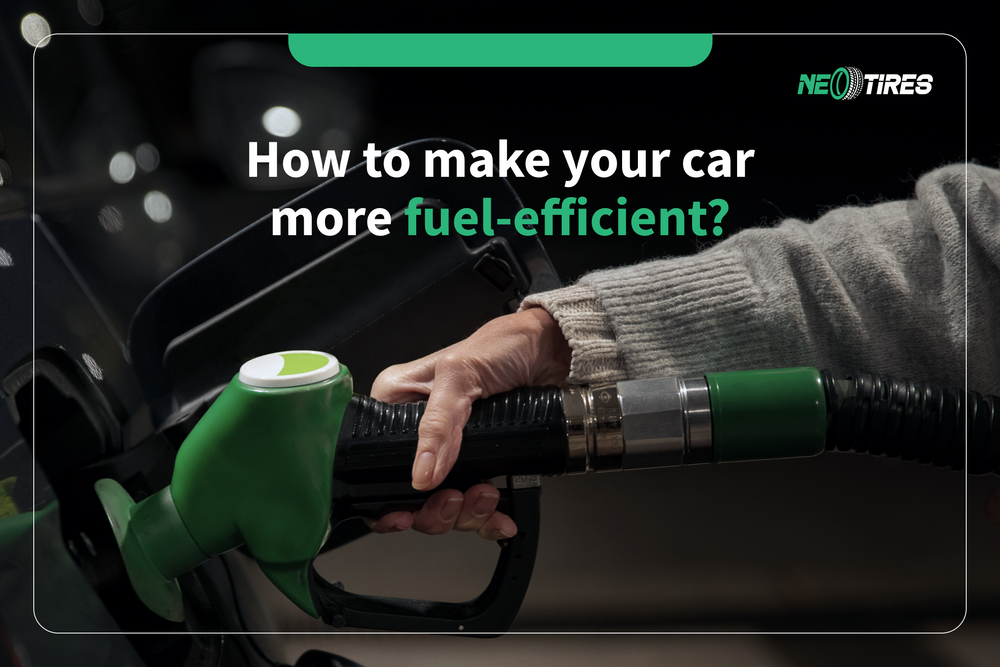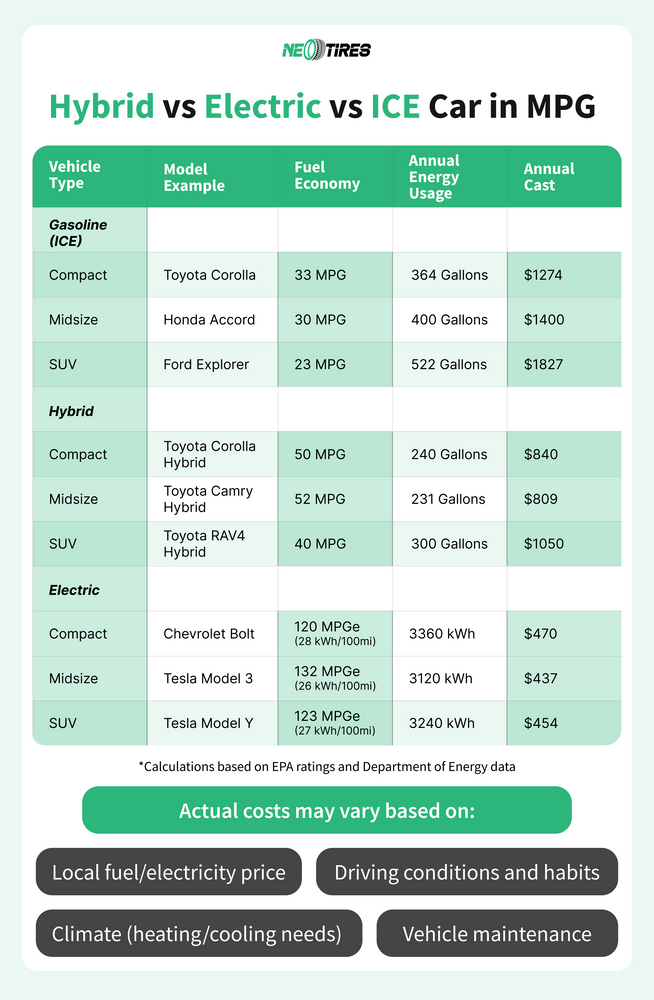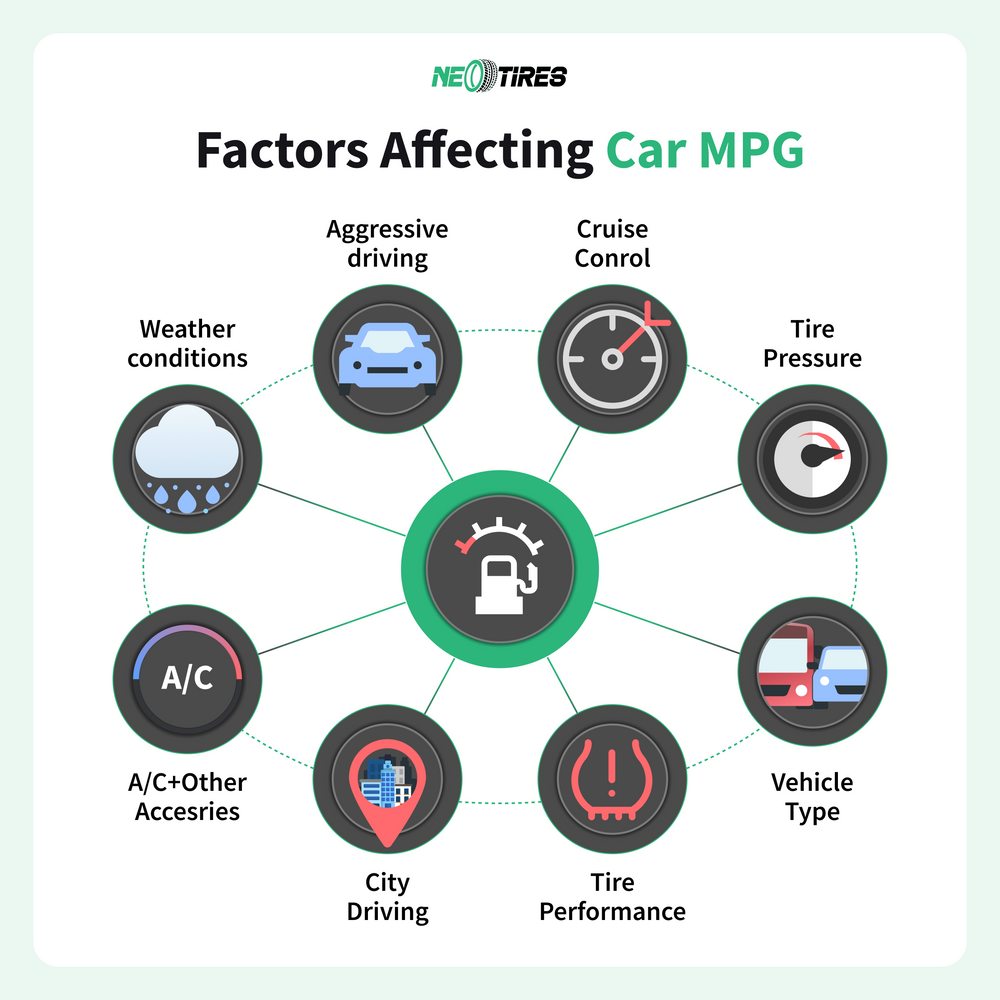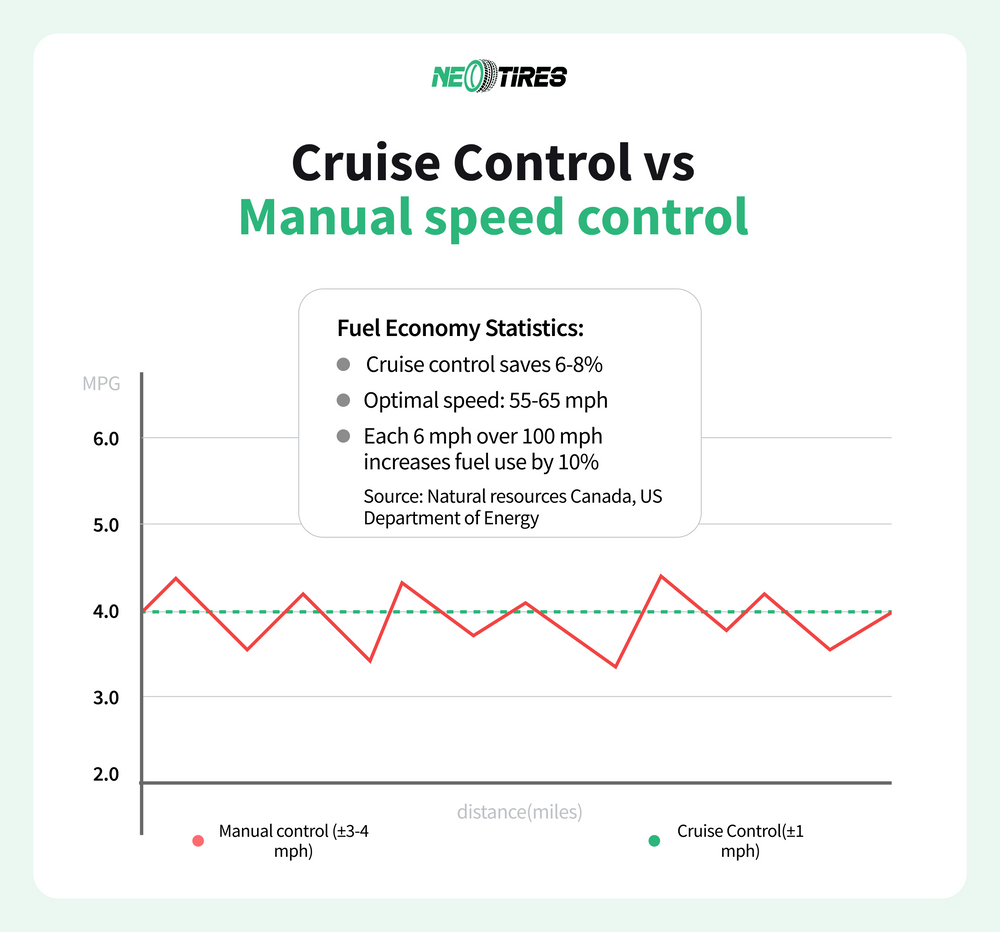Fuel efficiency is one of the most important criteria for a driver when buying a vehicle. Thanks to the many technologies manufacturers are developing, finding cars with the best gas mileage is easier than ever.
Also, there are various ways to optimize fuel efficiency in any vehicle. This article concerns fuel-efficient cars, SUVs, or trucks with the best gas mileage and techniques for reducing fuel consumption. Stay tuned to find out how to optimize your vehicle's gas consumption.
Top Cars with Best Gas Mileage in 2025
The market offers an impressive number of cars with the highest fuel efficiency. Some of the most popular models are compact hybrid cars from Toyota, Hyundai, and Honda. Sedans from these brands deliver exceptional fuel economy without sacrificing comfort and performance.
Compact sedans are an excellent solution for budget-conscious drivers. The Toyota Corolla, Honda Civic, and Mazda 3 are among the most popular models, offering both fuel efficiency and versatility. Lexus and Tesla are more luxurious alternatives for minimizing trips to the pump. (Learn about Tesla Cybertruck Tires in our full article).
Ultimately, even the cars with the best gas mileage need proper care and maintenance to ensure optimal gas efficiency. This includes timely tire rotation, air filter replacements, and regular oil changes. Ignoring these maintenance tasks can reduce the vehicle's ability to optimize fuel efficiency at its peak.
SUVs with Best Gas Mileage in 2025
SUVs consume more gas than sedans due to their weight and more rolling resistance. However, you can still find efficient options while delivering versatility in combined driving conditions. The compact and midsize hybrid SUVs (Kia Sportage, Honda CR-V Hybrid, Ford Escape Hybrid) are at the top of the list, averaging 35+ MPG.
SUVs with turbocharged four-cylinder engines are an alternative for drivers who still opt for non-hybrid vehicles. The Lexus RX and Toyota Grand Highlander are good examples that offer power and versatility at reasonable fuel consumption.
Consider how you will use your vehicle when looking for a fuel-efficient SUV. A small crossover offering low fuel consumption might be sufficient if you rarely need third-row seating.
Trucks with the Best Gas Mileage in 2025
Modern trucks and pickups provide an excellent balance of fuel economy and towing/hauling capabilities. Some good examples of best gas mileage trucks are the Ford Maverick, Hyundai Santa Cruz, Chevrolet Silverado, and Ford F-150, which optimize fuel consumption in the range of 21-25 MPG on average.
The good news is that hybrid powertrains have finally reached the pickup segment. This means that full-size truck drivers don't have to sacrifice fuel efficiency for towing capabilities. At the same time, diesel engines remain good options in the mid and full-size truck segments, delivering optimal gas mileage in trucks and superior torque for heavy duties.
Are Hybrid Cars Worth It for Fuel Efficiency?
Hybrid and electric vehicles consume less fuel/energy due to their partial/complete electric power, which replaces traditional fuel. Owners of hybrid compact cars can save up to $800 annually on fuel compared to gas-driven cars. SUV and pick-up truck owners can benefit from about $1,000 in annual savings if switching from ICE to hybrid alternatives, according to ConsumerReports.
So, yes, hybrids do offer better gas mileage. Yet, if you're considering the switch, learn about their trade-offs. For example, hybrid vehicles come with higher upfront costs, which can cancel the fuel-saving advantage in terms of money. Get to know all the advantages and disadvantages of a hybrid or electric vehicle before buying to make an informed decision.
Driving Techniques for Best Gas Mileage
Your vehicle's fuel efficiency depends on how you drive. Driving techniques like smooth acceleration and deceleration, cruise control, and avoiding unnecessary idling all help optimize fuel economy. Even if you don't see an immediate benefit, each technique adds value to your fuel economy over the long term.
Ensure Smooth Acceleration And Braking
Accelerations and braking should be smooth and gentle to optimize gas mileage. Let the vehicle gradually build up speed in a reasonable amount of time. Braking should also be foreseen in advance with gentle and intermittent pedal pressing. Try to anticipate the traffic flow on the road so you can take action early. Give the car enough time for braking and acceleration for efficient gas consumption.
Keep the distance between your car and the one in front of you to allow smooth braking. If you notice a flashing traffic light far away, start braking gradually and rolling softly. Each gradual and gentle maneuver is a pleasant bonus for your car's gas mileage.
Remove Extra Load
The extra load on your vehicle affects gas consumption. Heavy cargo puts more pressure on tires, causing more rolling resistance. For optimal fuel consumption, drivers are advised to respect the tire load rating. If extra load is required permanently, switch to tires with a higher load index (from 100 to 104, for instance) to remove additional stress and allow for optimal rolling resistance.
Use Cruise Control
Speeding up and down frequently leads to more fuel burning. If circumstances allow, turn the cruise control on to remove alternations between acceleration and deceleration. A stable speed favors reasonable fuel/energy burning. Yet, remember that the cruise control system works best in long driving conditions like highways and doesn't make sense in urban areas.
Avoid Idling
Turn the engine off when possible. An idling engine burns about 0.6 liters of fuel per hour for every liter of engine displacement. Putting this into practice, a vehicle with a 3.5 l engine burns through more than two liters of gas per hour while simply idling. If you want the best gas mileage in cars, trucks, and SUVs, reducing idling times is one of the easiest techniques to optimize fuel economy.
Do Tires Affect Car Fuel Economy?
Tires are an essential factor in a car's fuel efficiency. Depending on tire type, pressure, size, and overall condition, the vehicle consumes more or less energy. Larger tires typically provide lower fuel economy due to higher weight and more rolling resistance. Underinflated tires increase fuel consumption due to more contact patch with the road.
Worn tires typically contribute to lower fuel consumption due to shallow tread pattern. Yet, their intended performance decreases as tires lose treadwear, especially in rainy and snowy conditions. The best option is to choose A-rated tires with enough tread depth to ensure grip and traction. The A rating refers to the best fuel economy index. It varies from A to E, whereas the E brings the lowest gas economy. Each rating category (A, B, C, D, E) differs in a fuel efficiency of 3-4%.
How To Improve Tire Fuel Efficiency?
If fuel efficiency is one of your primary goals, you should opt for A-rated tires with low rolling resistance. Some good examples include Michelin Energy Saver A/S, Goodyear Assurance Max Fuel, Continental PureContact LS, Michelin Energy LX4, and Bridgestone Ecopia EP422 Plus. Keeping the correct tire pressure and good condition also helps optimize fuel efficiency. Lastly, a judicious driving style adds value to fuel consumption.
Best Fuel-Efficient Tires
Looking for the Best Tires for Fuel Economy?
NeoTires has the right solution for you. We offer a wide range of fuel-efficient tires at advantageous prices. In addition, we are here to provide you with professional assistance in finding the proper set for the specific conditions you drive in. Contact us or leave us a message with your requirements, and we will get back to you as soon as possible with a good price, high-quality products, and fast shipping.
Why Trust Us?
NeoTires evaluates, compares, and tests various tires so that you can easily choose the best product. Our philosophy is to offer high-quality tires at affordable prices.
Our qualified mechanics and trained assistants will guide you, providing reliable driving tips, tire care recommendations, tire use in the right conditions, and many other concerns you may have. Drive safe and choose your tires wisely!









